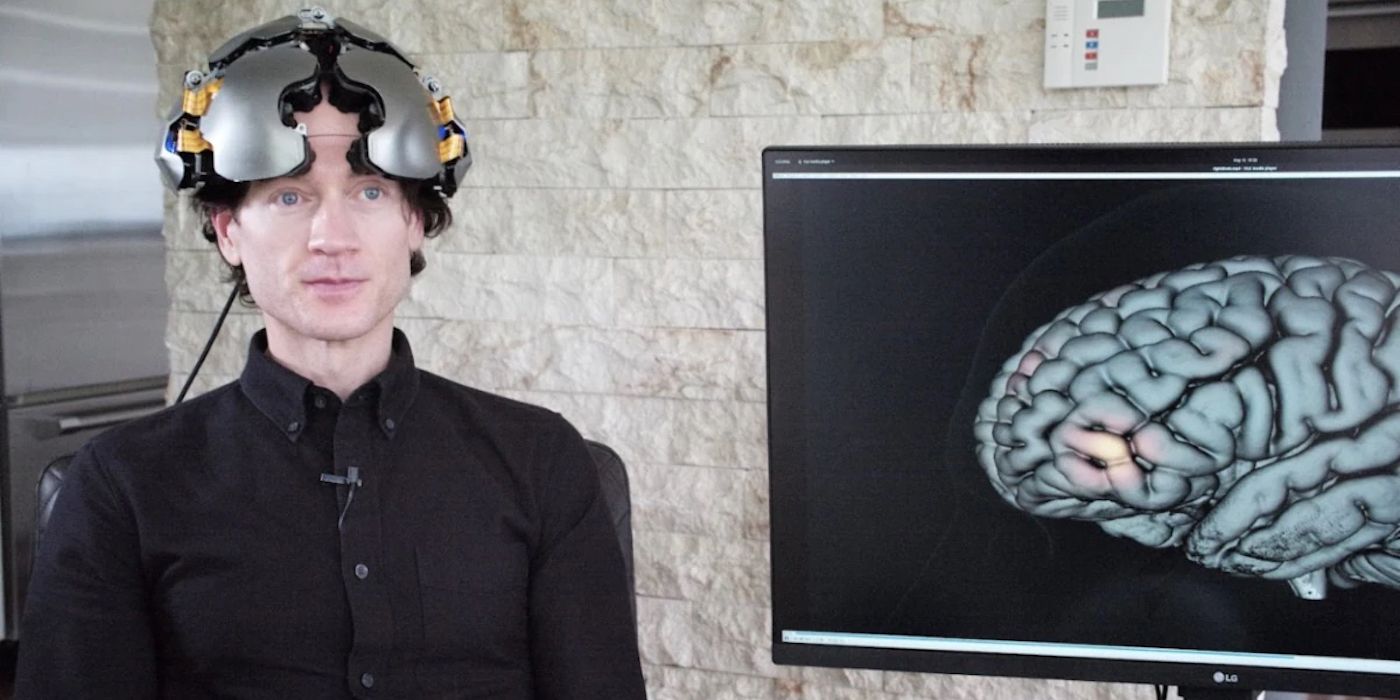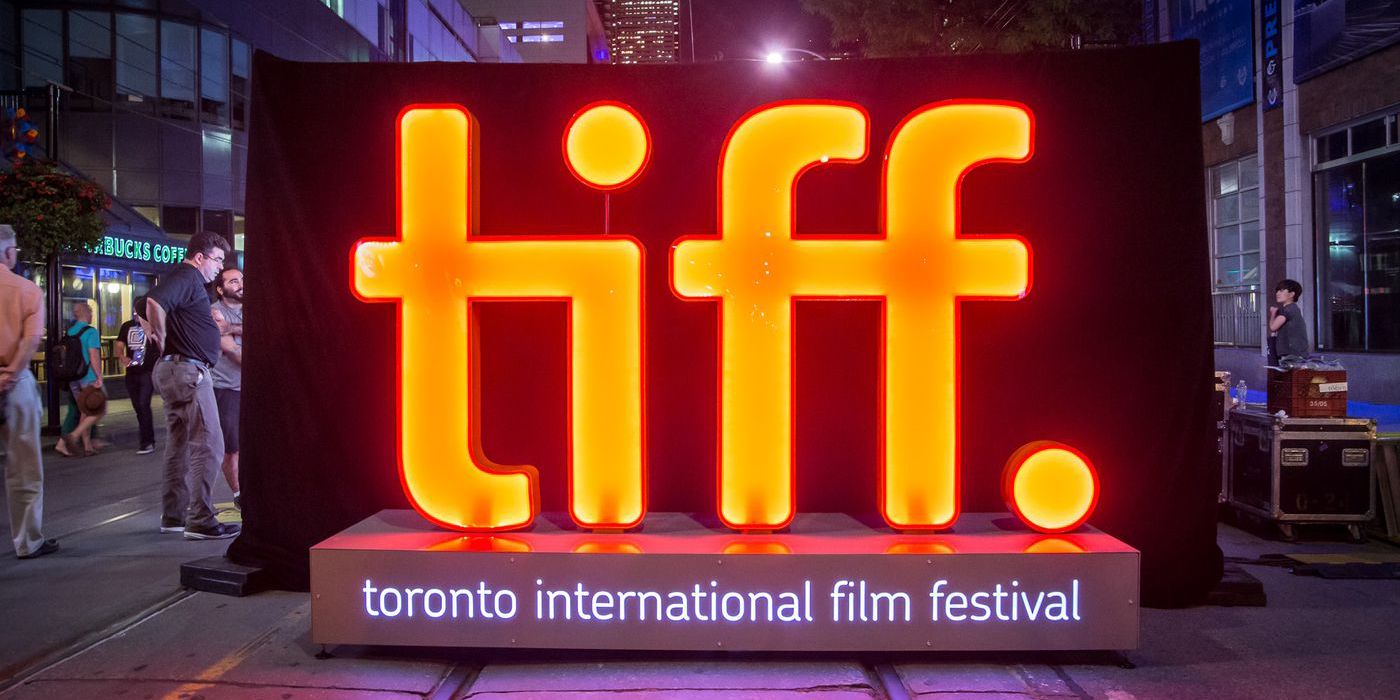As a documentarian, Werner Herzog often seems led by his curiosities rather than by any specific structure or concrete purpose. For a film like Grizzly Man, having a clear focus and direct narrative to tell felt like an oddity in his documentary work, whereas films like Encounters at the End of the World and Cave of Forgotten Dreams were more directed by Herzog’s interest at the time. At times, this can make Herzog’s documentaries feel disjointed, yet in the case of Theatre of Thought, that inquisitive nature becomes an advantage to Herzog’s exploration of the human mind and the incredible leaps in research on the brain.
Theatre of Thought jumps right into Herzog’s eccentricities in this topic, as he states that he is a man of filmmaking and poetry, not a man of methodical science. This could make Herzog seem like a poor choice for just a complex topic, but it’s his childlike wonder that truly makes Theatre of Thought work. Beyond the general idea of exploring how the brain works, there’s no definitive goal that Theatre of Thought is heading in, which means having a storyteller like Herzog along for the ride is critical to making this journey work.
For example, after letting a mathematician go on for several minutes about formulas and intricate concepts, our narrator Herzog humorously adds, “I literally understand none of this.” It’s also genuinely charming whenever Herzog has some of the foremost experts in the field in front of his camera, and he asks wild questions like “would you like to communicate with a hummingbird?” These types of unadorned questions throw these interview subjects off guard, and yet, Herzog’s earnestness at such ideas makes for some delightful back-and-forths.
But it’s also wonderful to have a documentarian like Herzog is that he freely admits his ignorance around these complex concepts and embraces the poetic aspect of these ideas—which he can handle with no problem. To be fair, the audience themselves likely has no idea what these scientists are talking about either, so having Herzog as the audience cipher makes Theatre of Thought not the exhausting experience it could’ve easily become.
Understandably, a frequent way for Herzog to make sense of these gargantuan concepts is to relate it to movies. In order to dissect how fear works in the brain, Herzog visits the home of Philippe Petit, who walked on a tightrope between the top of the World Trade Center buildings, as made famous in James Marsh's Man on Wire. Herzog is clearly a lover of brilliant stories and what grand stories mean, so having the primary figure at the center of one of the most iconic documentaries of the 21st century seems like a no-brainer for Herzog. Their conversation is as charming as one would expect, as Petit points out that there was no way he could have fear as he walked back and forth over the Twin Towers in New York City all those decades ago. Later on, Herzog also uses footage from 1930’s Earth from Oleksandr Dovzhenko to fully explore his feelings.
It’s also clear that technology is both a fascinating and terrifying concept for Herzog, one that is seemingly interesting as a step in mankind’s evolution, but also something that could lead to our eventual downfall. Herzog spends quite a bit of time looking at animals that experience virtual realities, comparing them to people who prefer the worlds of video games to the world around them. When Herzog interviews one of the co-creators of Siri, one of his first questions is simply, “How stupid is Siri?” The advancement of technology is inevitable, and Herzog’s uncertainly about the path this is pushing mankind down makes him wary about the future we're moving towards.
Theater of Thought could've easily become a straightforward documentary about the evolution of thought and the fascinating science behind our brains, yet in the hands of Herzog, this topic becomes far more entertaining, as he approaches the topic with a wide-eyed wonder that lets this subject go down smooth.
Rating: B-


